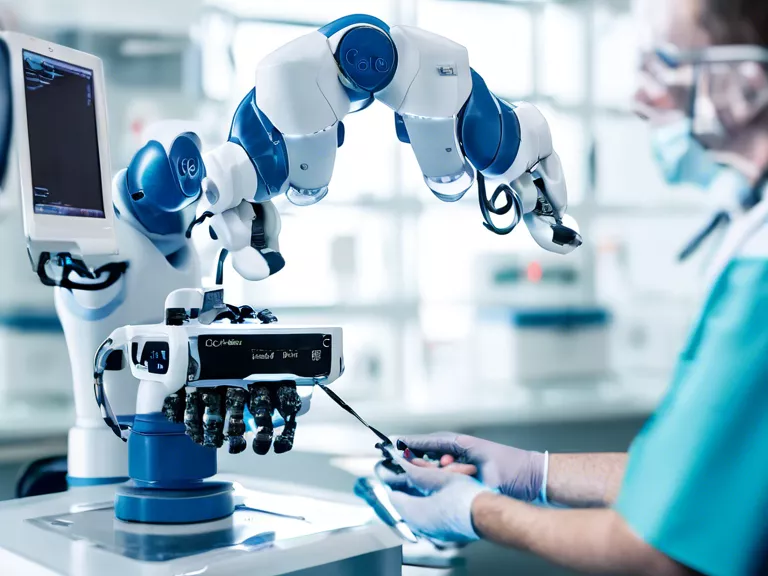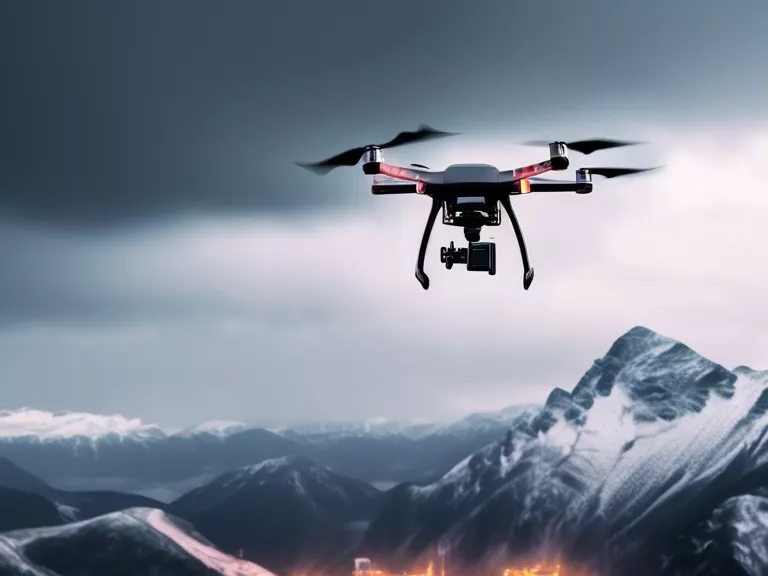
How robotics is advancing surgical precision in the medical field
In recent years, the field of surgery has seen a major transformation with the integration of robotics into various procedures. The use of robotics in surgery has revolutionized the way procedures are performed, allowing for increased precision, smaller incisions, and faster recovery times for patients.
One of the key advantages of robotics in surgery is the enhanced precision it offers to surgeons. Robotic systems are equipped with advanced tools that provide surgeons with a high level of control over their movements, allowing for more precise and accurate surgical maneuvers. This precision is especially important in delicate procedures where even the smallest error can have serious consequences.
Moreover, the use of robotics in surgery has also made it possible to perform procedures through smaller incisions, known as minimally invasive surgery. This minimally invasive approach offers a number of benefits to patients, including reduced pain, lower risk of infection, and faster recovery times. Robotics play a key role in enabling surgeons to perform intricate procedures through these small incisions with greater ease and accuracy.
Additionally, robotics in surgery have been instrumental in reducing the risk of human error. While surgeons are highly skilled professionals, even the most experienced individuals can make mistakes. With the use of robotics, many of these potential errors can be minimized or even eliminated altogether. Robotic systems can assist surgeons in navigating complex anatomical structures and ensuring that procedures are carried out with the utmost precision.
Overall, the integration of robotics in surgery is transforming the field and improving outcomes for patients. The advancements in surgical precision made possible by robotics are paving the way for safer, more effective procedures. As technology continues to evolve, we can expect to see even more innovations in robotics that will further enhance the practice of surgery and benefit patients worldwide.



